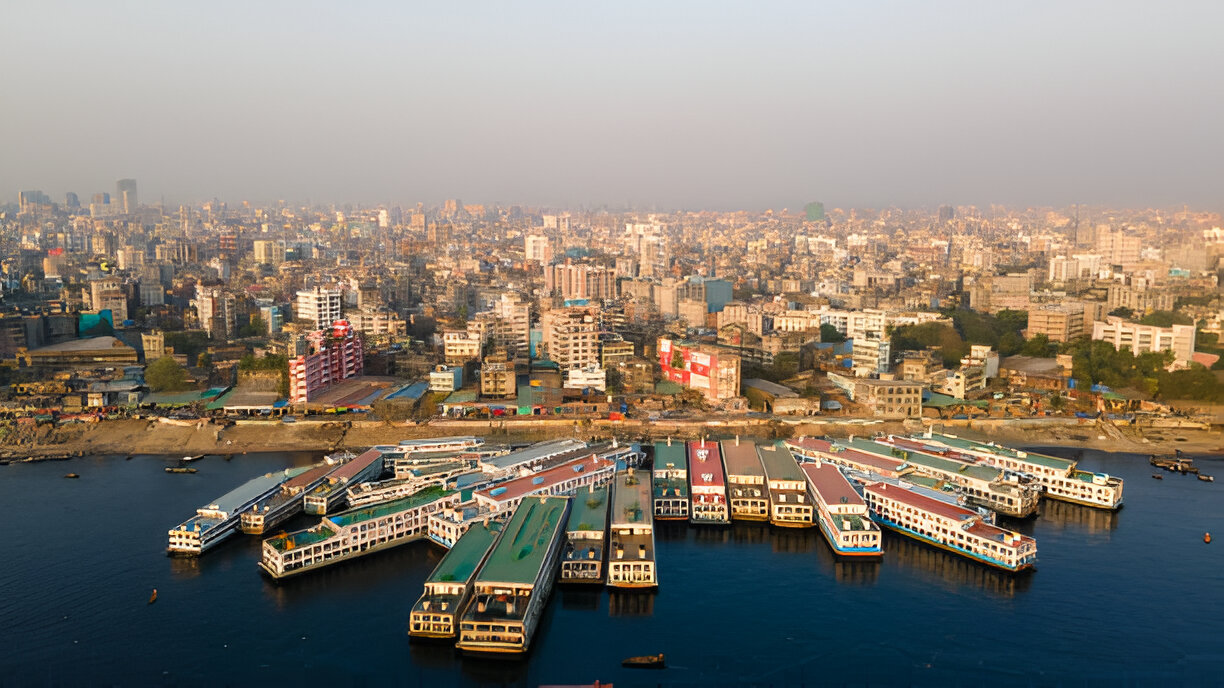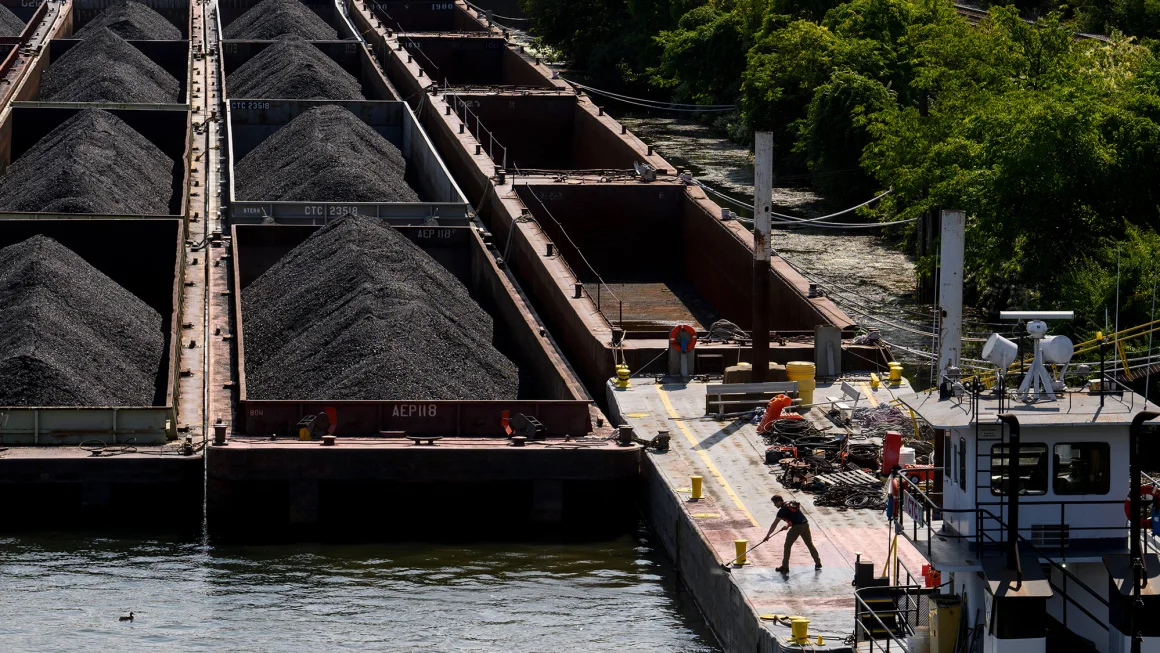Trump’s Alaska Order Sparks Environmental Concerns
One of former President Donald Trump’s executive orders has reignited debate over Alaska’s natural resources and wilderness, drawing concerns from environmental groups and Indigenous communities.
On his first day back in office, Trump signed an executive order aimed at maximizing Alaska’s resource potential. This directive prioritizes expanding the state’s energy and mineral industries, particularly in oil, gas, and mining.
State officials and industry leaders have welcomed the order, seeing it as a way to boost economic growth. However, environmentalists and some Indigenous Alaskans warn that the move threatens local ecosystems, wildlife, and traditional subsistence lifestyles.
A key component of the order involves reviving the Ambler Road project, a proposed 211-mile industrial road in northwest Alaska. The project aims to facilitate mining operations for critical minerals such as copper and cobalt. Trump’s decision reverses a June 2024 ruling by the Biden administration that halted the project due to environmental concerns, reinstating a 2020 approval from his first term.
Alaska Governor Mike Dunleavy and Republican Senators Dan Sullivan and Lisa Murkowski have praised the move, while advocacy groups signal upcoming legal battles. Alex Johnson of the National Parks Conservation Association stated, “This mining road poses severe risks to clean water, people, wildlife, and national parks.”
The Importance of Critical Minerals
The U.S. Geological Survey classifies 50 minerals as critical for national security and the economy. Alaska contains 49 of these, making it vital to domestic supply chain efforts. Minerals like cobalt play a key role in renewable energy technology, electric vehicle batteries, and semiconductor chips. The U.S. currently imports the majority of these resources, relying on supply chains linked to the Democratic Republic of Congo and China.
Despite bipartisan support for strengthening domestic mineral production, economic factors remain uncertain. The U.S. opened its first cobalt mine in Idaho in 2023, but operations ceased due to declining market prices.
Indigenous and Environmental Opposition
The Ambler Road project would require extensive infrastructure, including nearly 50 bridges, airstrips, and communication towers. Environmental analysts caution that the long-term benefits remain uncertain, while the ecological damage would be immediate and significant.
Many Indigenous groups oppose the project, fearing the destruction of traditional ways of life. Karmen Monigold, an Inupiaq subsistence provider, argued, “This road would devastate our culture.” Similarly, the Tanana Chiefs Conference, representing 39 villages and 37 tribes, reaffirmed its opposition, emphasizing the need to protect subsistence resources.
However, some Indigenous communities support the project, citing potential job creation. Proponents believe it could bring economic growth to remote areas, though concerns about caribou migration patterns and environmental costs persist.
Jim Dau, a former Alaska Department of Fish and Game biologist, warns that the road could severely impact caribou herds, disrupting migration and affecting Indigenous communities reliant on them. “There are costs to industrial mining,” Dau noted. “But how do you measure the value of a culture or a caribou herd?”
As legal challenges loom, the future of the Ambler Road project remains uncertain, with economic, environmental, and cultural interests at stake.














